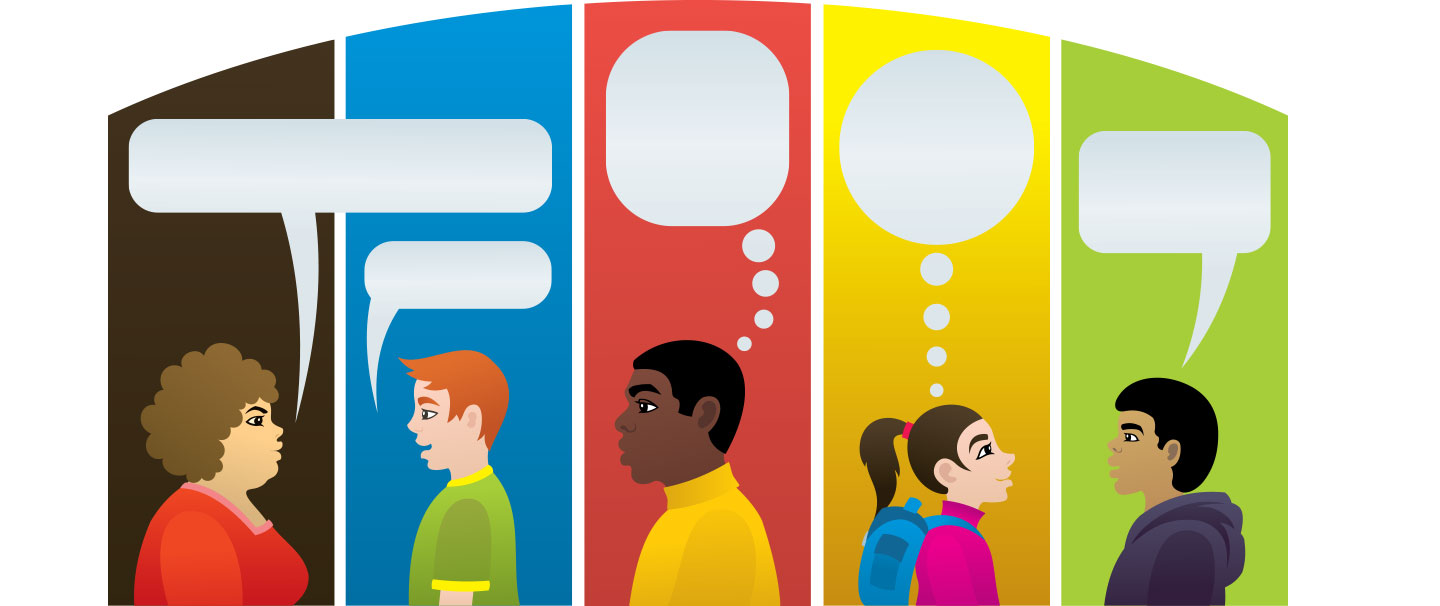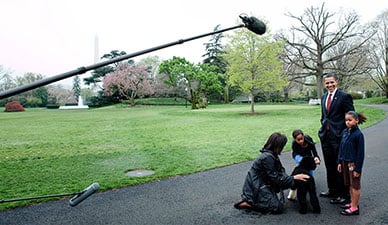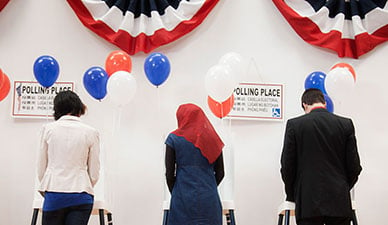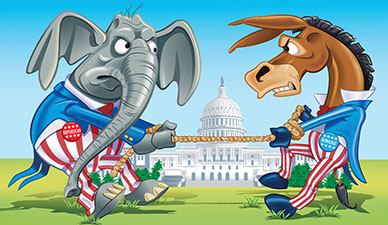Ask Haley, 12, about her favorite singer, and she’ll talk about her for an hour. (It’s Taylor Swift.) Ask her who she wants to be the next U.S. president, and she won’t say a word.
The presidential election is happening on November 3. You would think that most Americans would be talking constantly about who they want for president. After all, the results of the election will affect our country for years.
But many Americans believe it is risky—and even rude—to talk about politics.
Could this be true?
It’s an election year, which means you might be put in some awkward, even unpleasant, situations when it comes to talking politics. How do you handle your aunt who won’t stop texting you fake news about a candidate? What if your views on an issue are different from your parents’ or friends’ perspectives? Do you keep quiet (and keep the peace), or do you speak up for what you believe in?
That’s not an easy question to answer. Nearly three-quarters of Americans who took part in a recent study said that talking politics had hurt their relationships. With such discouraging stats, it’s no wonder that some people feel it’s risky—or even rude—to engage with friends and family about the election. “I think it’s good for people to stand up for what they believe in, but I feel uncomfortable talking about politics in a bigger group,” says Lila, 11, a seventh-grade student in New Jersey. “If I say something in front of the wrong person, they might get really upset.”
But talking to people with differing opinions is actually a good thing. Hearing alternate points of view makes you more accepting and helps you understand where other people are coming from. “The only way we can overcome our divides is by speaking across them,” says Jonathan Zimmerman, a professor at the University of Pennsylvania who studies the importance of talking about tough issues.
So this election year, let’s talk to each other, because it is possible to have a constructive conversation with someone you disagree with. Just follow these guidelines—and you might even be surprised at what you learn along the way.






